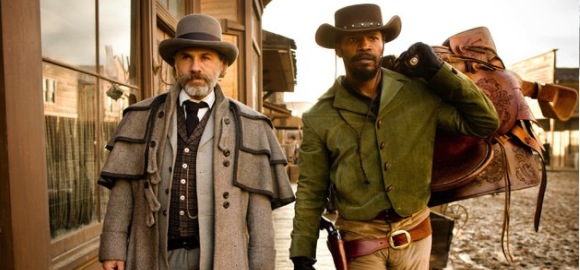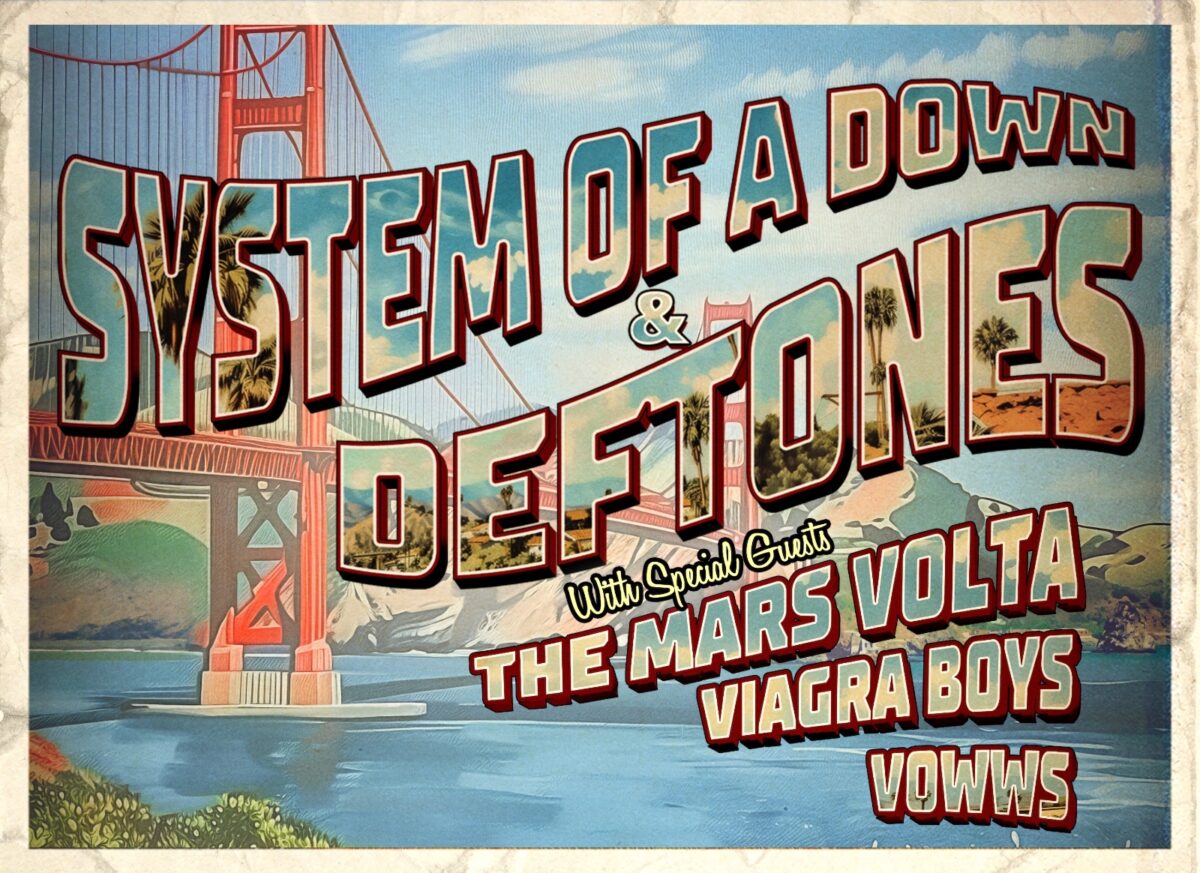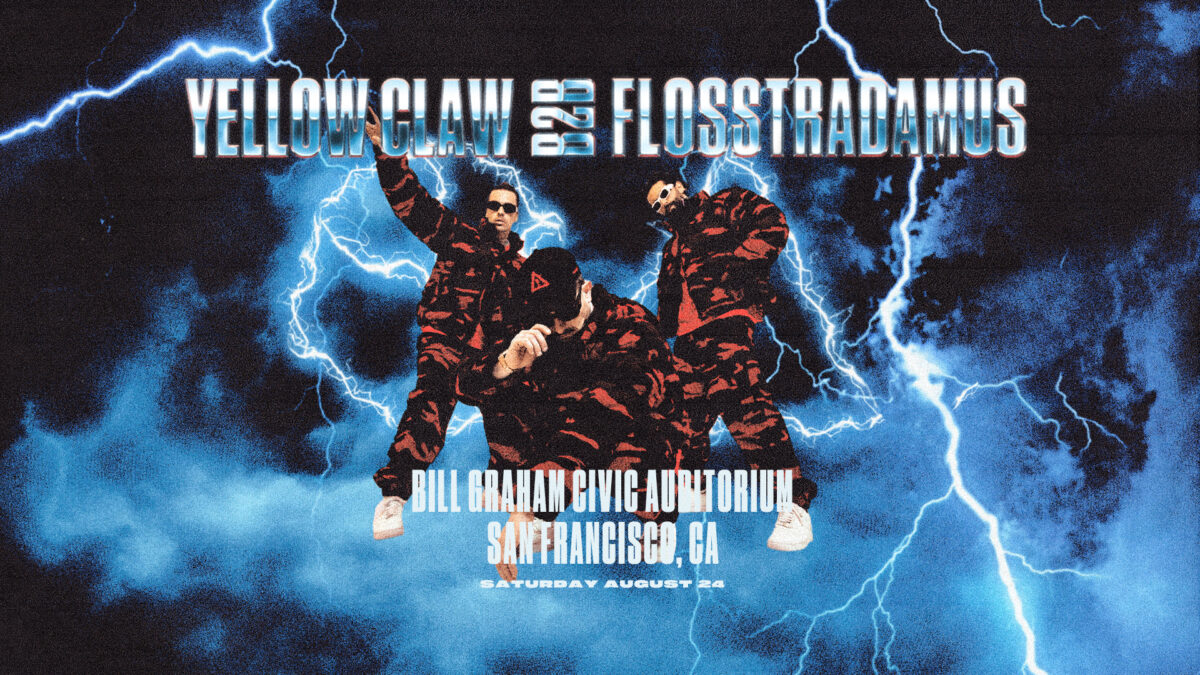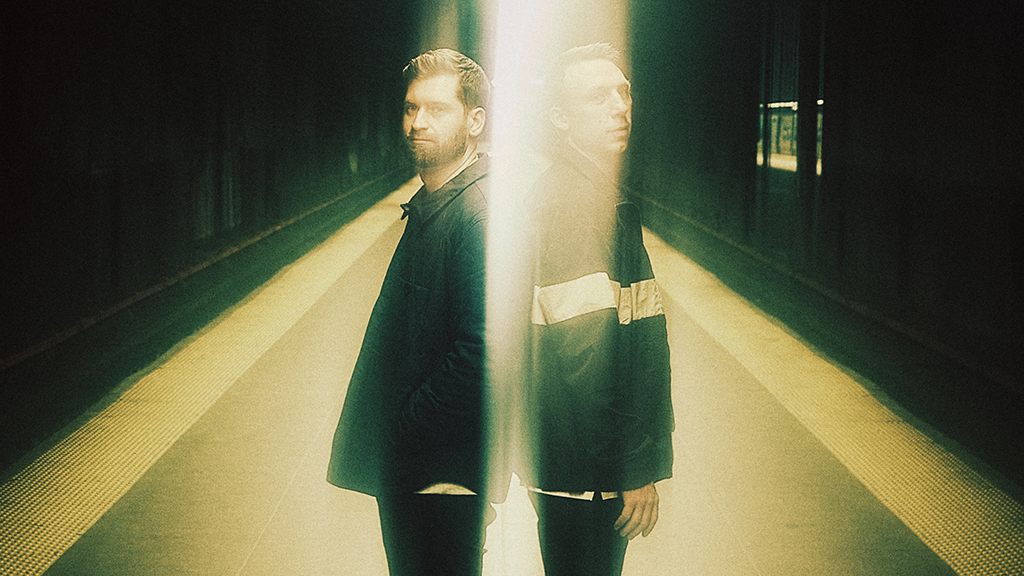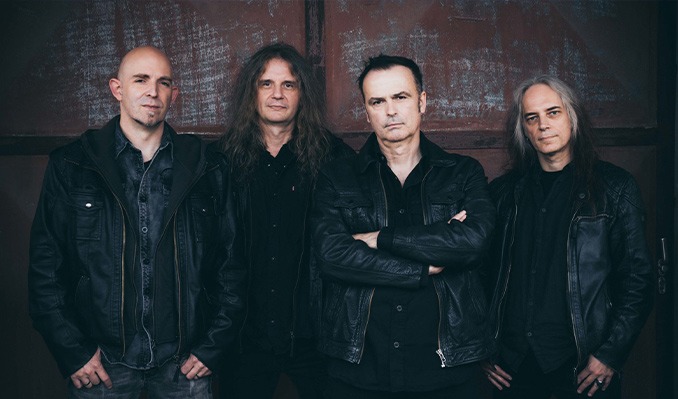Movie Review: Django Unchained
Quentin Tarantino’s new historical revenge film is another standout for the auteur.
With Kill Bill Quentin Tarantino created one of the most, if not the most, epic revenge film in recent years. Always the genre enthusiast, that film was his love letter to samurai films, although it was distorted through his singular vision. It seemed he caught the revenge bug as his next film, discounting his half of Grindhouse, was the historical revisionist Inglorious Basterds. While he took on a period piece for the first time, he carried over his theme of revenge, only this time it was towards the Nazis, going so far to even rewrite the fall of Hitler and the end of the war. It was a monster hit and was proof that he had no boundaries a storyteller. So where could he go from there? Well, his new film Django Unchained continues in that vein, only this time is target is slavery.
Again, he’s genre hopped setting up the film as a spaghetti western and telling the tale of a bounty hunter, Dr. King Schultz (Christoph Waltz), and the slave he’s freed, Django (Jaime Foxx), and their adventures across the south culminating in their attempt to rescue Django’s wife Brunhilda (Kerry Washington). Whereas Inglorious Basterds actually rewrote history to make the downfall of the Nazis, well, cinematically satisfying, Django Unchained doesn’t involve any real historical characters but aims for the same retroactive bashing of a shameful time in our history. Tarantino has posited that these two may be the first in a trilogy and it makes perfect sense. While there’s no direct correlation between the films, they do feel as if they’re spiritually connected. This is not only due to the obvious historical connections but also because of Waltz’s performance in both. In Inglorious Basterds he portrayed the charismatic, intelligent yet evil-to-the-core villain but with this new film Waltz portrays a similar character only he’s wholeheartedly good.
Although Waltz’s character, again another German, buys and frees Django for selfish purposes — he needs him to identify a group of brother’s who’s bounty he’s after — the act of slavery utterly disgusts him. He’s also incredibly honest, always endeavoring to do the right thing, although that usually works in his favor because doing the right thing usually ties in to outsmarting his opponents. So when he frees Django, which he does legally by forcing his owners to sell him, he teaches him to respect himself despite being black during an era where that alone is a capital offense. During their hunt for the Brittle Brothers, they earn mutual respect from each other and become fast friends. Even though Schultz makes a deal that once they kill the brothers Django will gain his true freedom, they become friends and both realize they work well as a team. Furthermore, Schultz’s conscience kicks in after hearing Django’s heart wrenching story about being separated from his wife and he can’t ignore the huge coincidence that she just happens to have been raised by Germans and can speak the language. So they strike another deal where they’ll continue on as partners throughout the winter, killing and collecting bounties, and once spring arrives they’ll both seek her out in hopes of a rescue.
For much of the first half Waltz does act as the main protagonist as he leads the way for the two of them across the south and mid-west. But he treats Django as his equal and nurtures his independence so that Django slowly grows more confident about himself. For this aspect the success of Django’s character is due entirely to Foxx’s performance who, like Django, slowly comes into his own throughout the film. He begins quiet and submissive, just as a slave is expected to act. But once freed, there’s a pensiveness behind his eyes that builds and one can actually see Foxx observing all around him and taking it in as Django becomes more confident over time. It’s not until they meet the film’s true villain Calvin Candie (Leonardo DiCaprio), owner of the plantation dubbed Candyland and Brunhilda’s owner, that Django finally becomes his own man. Those wondering how DiCaprio plays the part of the villain, a role he’s never took on before, should know that it’s probably his best part in years. He imbues the Francophile Candie with a jovial attitude undercut with all of the ugliness of the slavery era. He’s the type of villain you hate but can’t turn away from.
Django Unchained is the kind of film audiences expect from Tarantino but that doesn’t in any way diminish its impact. Tarantino is amongst a small group of contemporary filmmakers that seem incapable of making any missteps in their careers. This isn’t a film that will dissuade that notion. Whether it’s his best film will be based on personal preference, but it’s another astonishing entry into his filmography. Basically, it’s a film that only Quentin Tarantino could have made and that audiences should hope he continues to make.
Rating: 5 out of 5
